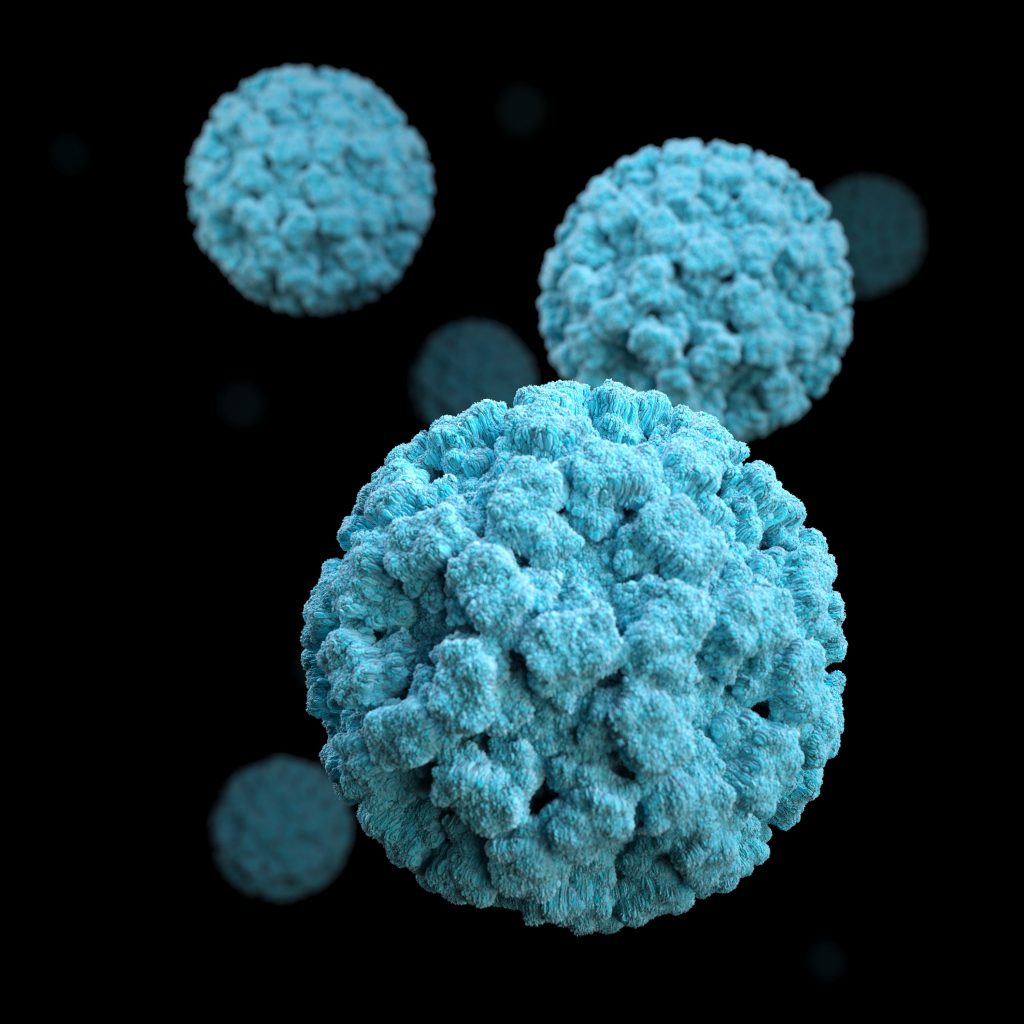

The norovirus is a highly contagious stomach virus. It is the most common cause of gastroenteritis in both adults and children. While this virus can be unpleasant and inconvenient, it is critical to understand what causes it, how to prevent it, and how to effectively treat it. We will delve into the world of norovirus in this blog post. We will go over the basics of the virus, how it spreads, what precautions you can take to avoid contracting norovirus, and how to treat the virus if you do get sick. You can protect yourself from the norovirus by arming yourself with knowledge about it.
What exactly is a Norovirus?
The norovirus virus is highly contagious and causes vomiting and diarrhea. In the United States, it is the most common cause of foodborne illness. The virus is commonly referred to as “stomach flu” or “food poisoning.” Contact with contaminated food or water, or contact with an infected person, is usually how norovirus spreads. The virus can also be spread through droplets of vomit or diarrhea in the air. Norovirus symptoms include vomiting, diarrhea, nausea, and abdominal pain. The illness usually lasts 1-2 days. Most people recover on their own. However, if fluids are not replaced, dehydration can occur. The treatment focuses on rehydrating the patient and preventing dehydration. You can help prevent norovirus by thoroughly washing your hands with soap and water after using the restroom or changing diapers. Avoiding contaminated food and water can also help lower your infection risk.
The Various Types of Noroviruses
There are several types of Noroviruses, all of which are highly contagious and cause symptoms that are similar. The GII.4 Norovirus is the most common type and is responsible for the majority of outbreaks. Noroviruses of other types include GII.1, GII.2, GII.3, GI.1, and GI.2.
Noroviruses are typically transmitted through contaminated food or water, contact with an infected individual, or contact with contaminated surfaces. The virus can also be dispersed by airborne particles (such as vomit).
Most Norovirus infections cause severe vomiting and diarrhea, which is often accompanied by fever, headache, muscle aches and pains, and general fatigue. Symptoms typically last 1-3 days, but can occasionally last up to 2 weeks.
Norovirus infections have no specific treatment; patients must simply let the illness run its course. It is, however, critical to drink plenty of fluids to avoid dehydration. If dehydration becomes severe, hospitalization may be required.
The Benefits and Drawbacks of a Norovirus Infection
Noroviruses are a type of single-stranded RNA virus that causes severe gastroenteritis in humans. Vomiting and diarrhea are the most common symptoms of a norovirus infection, but other symptoms can include fever, headache, and body aches. Noroviruses are highly contagious and can be passed from person to person, through contaminated food or water, or by touching contaminated surfaces. Norovirus infections have no specific treatment, but they usually go away on their own after a few days. However, in some cases, norovirus infections can cause dehydration and necessitate medical attention.
Noroviruses are a common cause of stomach flu and can be extremely uncomfortable. There are some advantages to having a norovirus infection. For starters, it is usually only severe for a few days before you begin to feel better. Furthermore, if you have had a norovirus infection, you are likely to be immune to that strain in the future. So, while it may not be enjoyable at the time, a norovirus infection can provide some long-term benefits.
What Foods Should You Avoid to Avoid Norovirus?
Norovirus is a virus that commonly causes nausea, vomiting, diarrhea, and stomach cramps in the stomach and intestines. It is commonly referred to as the “stomach flu,” despite the fact that it is unrelated to influenza. Norovirus is highly contagious and can be transmitted through contaminated food or water, or through contact with an infected person. The best way to avoid norovirus is to practice good hygiene and avoid contaminated food and water. Rest and plenty of fluids to replace lost fluids from vomiting and diarrhea are usually used to treat norovirus. In severe cases, hospitalization for rehydration may be required.
How Do You Treat a Norovirus?
The stomach flu, also known as norovirus, is a very common virus that can cause severe gastrointestinal illness. Norovirus symptoms include vomiting, diarrhea, and abdominal pain. Norovirus is highly contagious and easily transmitted from person to person. Although there is no specific treatment for norovirus, there are some things you can do to alleviate symptoms and keep the virus from spreading.
To avoid dehydration, drink plenty of fluids. Dehydration is a serious norovirus complication that can be fatal. Drink clear fluids such as water, broth, or sports drinks. Caffeine and alcohol should be avoided.
Instead of three large meals, eat small meals throughout the day. Eating too much at once can aggravate your symptoms. Consume bland foods such as toast, crackers, or plain rice. Dairy products, fatty foods, and anything else that may aggravate your symptoms should be avoided.
Get enough rest. Because norovirus can be exhausting, it’s critical to get plenty of rest. Sleep as much as you can and nap during the day if necessary.
To relieve pain and fever, try over-the-counter medications such as acetaminophen or ibuprofen. Diarrhea symptoms may also be relieved by antidiarrheal medication. Before taking any medication, consult your doctor, especially if you have a medical condition or are pregnant or breastfeeding.
The norovirus is extremely contagious.
Norovirus Vaccine Alternatives
There are no vaccines available to prevent norovirus infection at the moment. There are, however, some things you can do to reduce your chances of becoming infected.
• Thoroughly wash your hands with soap and water after using the restroom or handling food.
• Try not to touch your face, particularly your mouth, nose, and eyes.
• Disinfect and clean contaminated surfaces.
• Avoid being around sick people.
Conclusion
To summarize, norovirus is a common stomach virus that affects a large number of people each year. To avoid contracting it, it is critical to be aware of the symptoms and take preventive measures. If you become infected, rest and hydration are essential components of recovery, as is limiting contact with other people until your symptoms have completely resolved. Following these simple guidelines can help you stay healthy and happy all year long!










